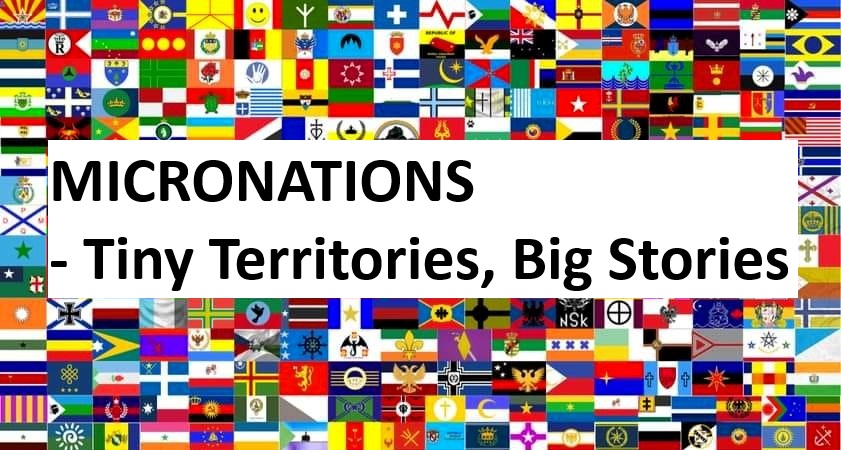
Nestled in the heart of Southern France, the historic city of Aigues-Mortes has long enchanted visitors with its medieval ramparts and charming streets. A playful reinvention of local identity is turning heads: the self-declared Principality of Aigues-Mortes. This micronation proudly embraces its illustrious past and a spirited dash of humor.
It all began one convivial evening, as local enthusiasts gathered over glasses of rosé, a wine that has become synonymous with the region’s joie de vivre. Amid laughter and inspired conversation, friends envisioned transforming their beloved city into a sovereign state—a tongue-in-cheek homage to principles of old-fashioned nobility. From that sparkling moment was born the Principality of Aigues-Mortes, an endeavor meant to celebrate local culture while engaging residents and visitors alike in an ongoing narrative of community and creativity.
At the helm of this unusual nation stands His Serene Highness Prince Jean-Pierre IV, whose ascension adds a touch of regal flair to everyday life. Alongside his consort, Her Serene Highness Princess Olivia-Eugénie, the Princely Couple has crafted a unique governmental model that blends ceremonial tradition with modern initiatives. Together, they preside over a series of cultural events—from art exhibits showcasing regional talent to culinary festivals celebrating the city’s famed rosé and local gastronomy.
A defining feature of the Principality is its embrace of playful lore. According to a humorous local legend, the city’s early history was forever changed when a devoted squire, Pierrot Pitchoun, was granted the title of prince by a dying French king. Although entirely fictional, this charming narrative serves as the heart of the principality’s identity and is often recounted at public events to delight and educate. The micronation complements this storytelling with its own currency, the “flamant” (a nod to the graceful flamingo), which underscores its commitment to blending fantasy with tangible local initiatives.
While not recognized by any formal government, the Principality of Aigues-Mortes plays a vital role in promoting local tourism and community engagement. In partnership with local merchants and the city’s tourist office, the project has evolved into a creative marketing tool that invites visitors to experience Aigues-Mortes through a kaleidoscope of history, art, and playful national pride. Recent international appearances at micronational conferences have only added to its allure, positioning the principality as a beacon of cultural reinvention in an increasingly interconnected world.
Reflecting on the project’s success, Prince Jean-Pierre IV explained, “Our purpose is not to challenge the established order, but to celebrate Aigues-Mortes in a way that’s both respectful of our heritage and infused with modern creativity. We invite everyone to see life in a different hue—one that’s as delightful and unexpected as our city itself.”
As locals and tourists come together under the banner of this unconventional sovereignty, the Principality of Aigues-Mortes stands as a testament to the enduring human desire to reimagine tradition. In a world marked by rapid change, this charming micronation reminds us that sometimes, a touch of humor, a dash of creativity, and a deep love for one’s home can transform even an ordinary day into something truly extraordinary.
Beyond the borders of playful sovereignty, one must wonder how such vibrant cultural experiments might shape other cities and communities. As micronational movements continue to gain popularity, could more locales adopt this blend of humor and local pride to reinvent their image and boost tourism? The evolving narrative of Aigues-Mortes might just be a harbinger of this inspiring trend.

